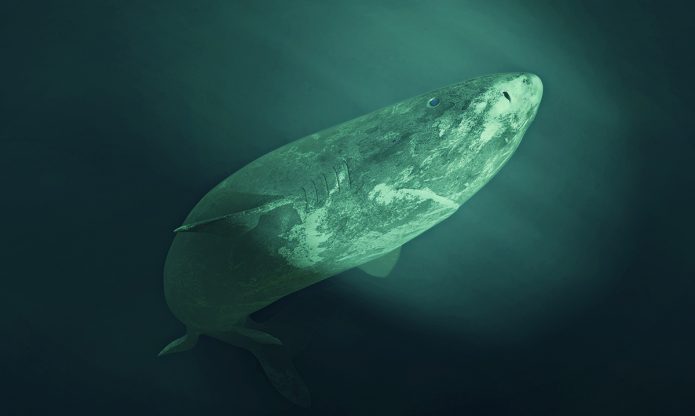Breadth and diversity in research are an important basis for achieving new scientific breakthroughs. And quality, breadth and diversity are exactly what characterizes 36 projects within bioscience and basic biomedicine that have just received grants totalling DKK 80 million from the Novo Nordisk Foundation. This is also reflected in the following descriptions of just three of the 36 projects.
- How important are our genes for longevity, which genes are they and how do they contribute? There is astonishing diversity in the maximum lifespan of animal species. The bowhead whale can live more than 200 years and the Greenland shark over 500 Comparing the genomes of these extremely long-lived animals with the genomes of short-lived species can lead to the identification of genes that tune the lifespan. A grant recipient from Aarhus University will study the potential longevity genes from the bowhead whale and Greenland shark by using the short-lived African turquoise killifish, a model organism in ageing research. Such fundamental knowledge about the genetics of animal longevity can provide new clues to the genetics of human longevity.
- What if viruses could be an alternative to antibiotics? Bacteriophages – derived from Greek for bacteria eaters – are viruses that infect bacteria but are harmless to humans. Exploring such an alternative to antibiotics is critical to overcome the threat of multidrug-resistant bacteria. At the University of Southern Denmark, another grant recipient will study a newly discovered mechanism by which Pseudomonas aeruginosa bacteria defend against bacteriophage attack. In the long term, the mission is to develop new drugs that will block this bacterial defence mechanism and improve the activity of therapeutic bacteriophages against pathogenic bacteria.
- Researchers from Aarhus University will examine how dormant cells are reactivated to become dividing cells. In tissue, some cells can escape a dormant state and start dividing again. This is a normal event, but it can go wrong and drive the development of diseases such as cancer. The hypothesis that drives this study is that the dormant cells become dividing cells by receiving signals in the form of growth factors from neighbouring cells and that special regulatory proteins outside the cells control how effective these growth factors are at stimulating the dormant cells. The grant recipient will investigate how these special regulatory proteins work by using a variety of state-of-the-art technologies, ranging from protein chemistry and cell biology to animal modelling.
Niels-Henrik von Holstein-Rathlou, Senior Vice President, Biomedicine & Health Sciences, Novo Nordisk Foundation, says: “We have been very impressed by the quality of the applications received, which include projects to test new ideas and hypotheses and explore novel findings and researchers who take risks and explore alternative paths. These grants for fundamental science projects of up to DKK 3 million and 1 to 3 years in duration are not just bread and butter for researchers; they are an essential investment in research, since they form the basis for innovative development and for the future of the health sciences.”
All 36 grants were awarded in open competition following a call for applications, and the Foundation received applications for grants totalling DKK 473 million. The Foundation’s Committee on Bioscience and Basic Biomedicine assessed all the applications, and the primary assessment criterion was the quality of the proposed project. The Committee emphasizes that the overall quality of the applications this year was very high, across a broad research field and with a mix of applicant profiles.
New call in 2021
The call for applications for Project Grants in Bioscience and Basic Biomedicine is an annual call, and the Foundation will open for applications in June 2021, with the deadline on 2 September 2021.
Further information
Tina Thorslund, Senior Scientific Manager, +45 3527 6677, [email protected]
Christian Mostrup, Senior Programme Lead, Communications, +45 3067 4805, [email protected]









